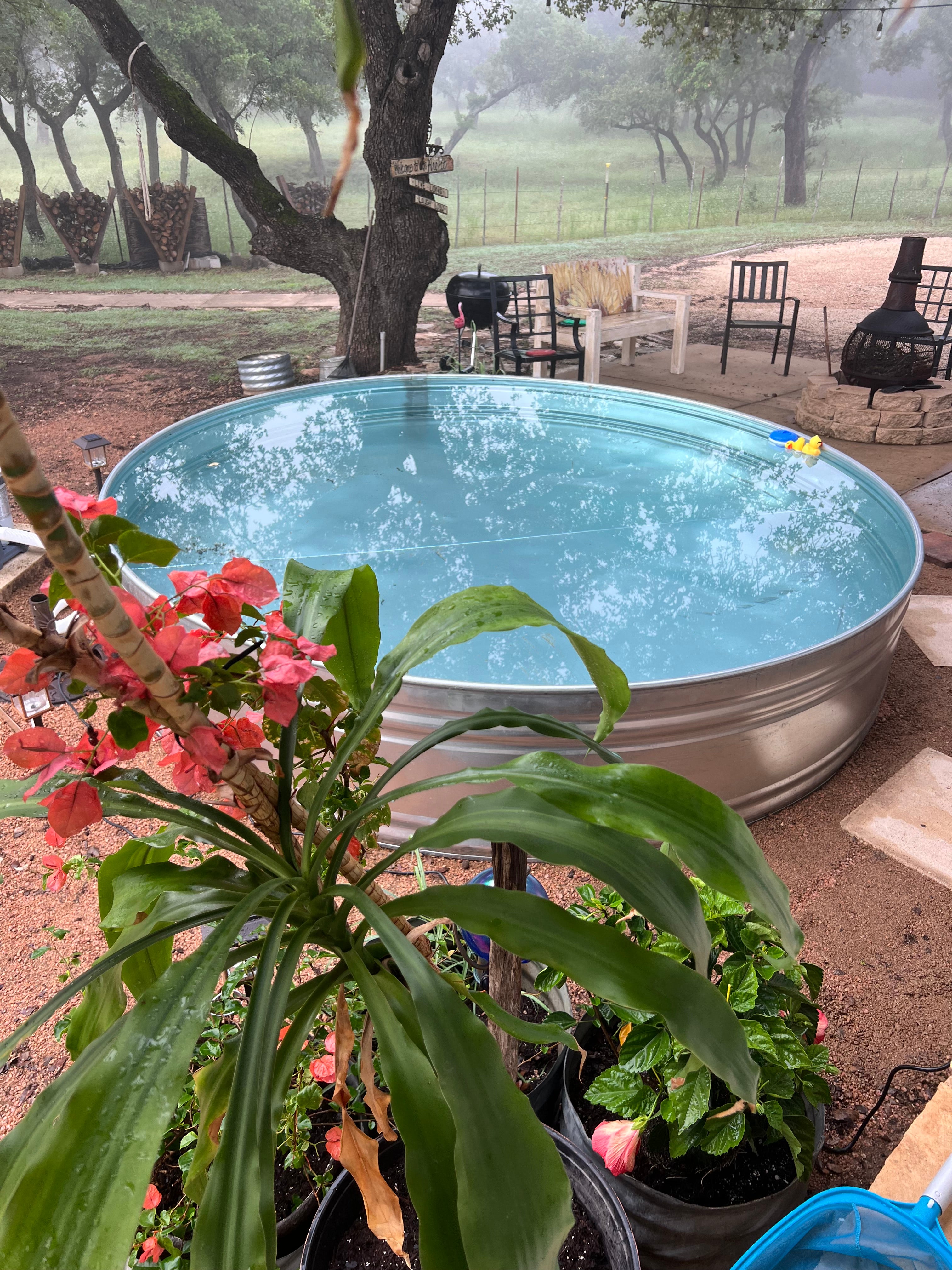Stock tank pools have gained significant popularity in recent years, offering an affordable and trendy option for backyard swimming. Made from galvanized metal, these tanks are durable and can withstand various weather conditions. However, a common concern among potential buyers is whether stock tanks rust over time.
Understanding Galvanized Metal and Rust:
Galvanized metal refers to steel that has been coated with a layer of zinc to protect it from corrosion. This zinc coating acts as a sacrificial barrier, preventing rust from forming on the underlying steel. The galvanization process involves immersing the metal in molten zinc, which forms a tightly bonded coating that provides excellent resistance to moisture and other environmental factors.
While galvanized metal is designed to resist rust, it is not completely impervious to it. Over time, galvanized surfaces can develop rust, but this usually takes several years, depending on the environmental conditions. However, in the case of stock tank pools, rusting can occur earlier due to the chemical composition of the water.
How to protect your stock tank pool from rusting:
The primary cause of early rust in a stock tank pool is over-treating the water with pool chemicals, such as chlorine. These chemicals can gradually erode the galvanized coating, leaving the metal vulnerable to corrosion. It is essential to maintain pool chemicals at minimal concentrations to ensure the integrity of the galvanized coating. Regular testing and balancing of the water chemistry can help prevent excessive chemical exposure and potential rusting.





